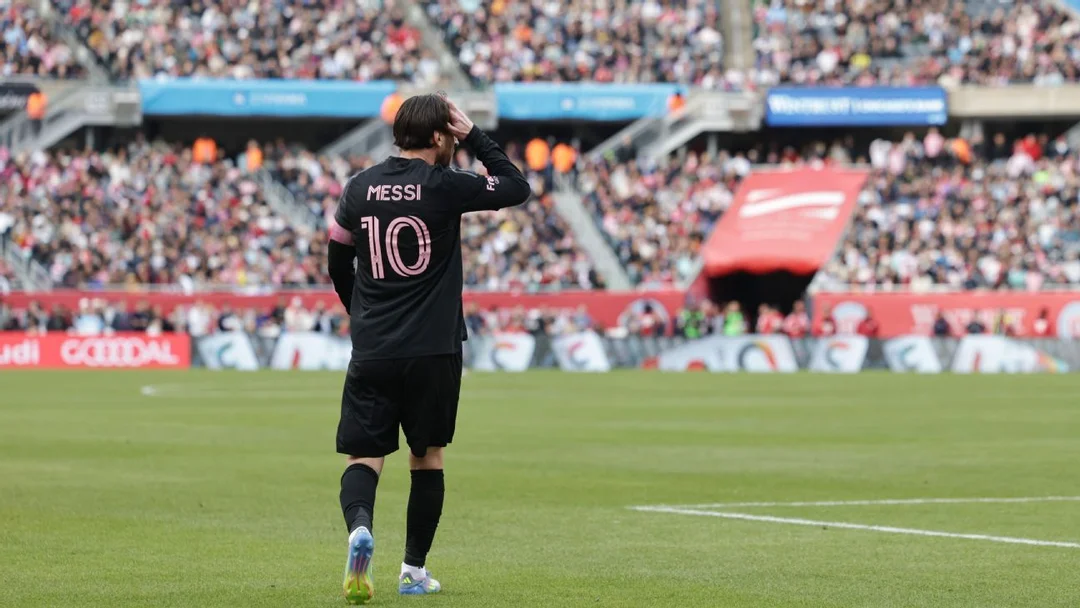
What Lies Ahead for MLS After the Messi Era?
As Lionel Messi's remarkable journey with Inter Miami continues to unfold, the impact of his presence on Major League Soccer (MLS) cannot be overstated. Since his much-publicised arrival in July 2023, Messi has become not just a player, but a transformative figure for a league that has long sought global recognition.
Messi's influence was clearly demonstrated during a recent match against Chicago Fire, where a staggering attendance record of 62,358 was set, showcasing the drawing power of the Argentine superstar. Inter Miami's coach, Javier Mascherano, remarked on the phenomenon, affirming that Messi is indeed changing the global perception of MLS. "There's no doubt about that. In the end, we're talking about a player who's capable of achieving all of that, of giving maximum visibility to a league like this," he stated.

While the attendance figures speak volumes, they also raise pressing questions about the future of the league once Messi retires. Historically, MLS has relied on the star power of icons like David Beckham and Thierry Henry to attract audiences. However, the concern remains that such a heavy dependence on a single player could lead to stagnation, as seen in the aftermath of Beckham's departure.
Messi's retirement is anticipated to not only mark a significant moment in football but also a challenge for the league to maintain interest and viewership. The question of sustainability looms large. Mascherano has urged that the league must take proactive steps to ensure continued growth and evolution, stating, "MLS has the responsibility to continue advancing."
One recommendation is to cultivate a rich narrative around each club rather than relying solely on individual talents. For instance, Inter Miami has effectively leveraged the vibrant culture of Miami, attracting more than just football fans, with celebrities frequently spotted at games. Other MLS clubs might benefit from adopting similar strategies, embracing storytelling and cultural elements to engage audiences on a deeper level.

Moreover, it is imperative for MLS to focus on nurturing young talent. The league has shown glimpses of success with players like Alphonso Davies and Tyler Adams, indicating that developing home-grown stars is essential for its long-term viability. This can involve rethinking how emerging talents are introduced to the world, potentially through behind-the-scenes features that create a personal connection with fans.
As the league gears up for the 2026 FIFA World Cup, which will be co-hosted by the United States, Canada, and Mexico, this presents a crucial opportunity. With Messi likely to be approaching the end of his illustrious career by then, the World Cup can serve as a vital platform for MLS to attract attention and new fans. It’s essential for the league to engage with that audience and convert World Cup viewers into loyal supporters.
Ultimately, while Messi has undoubtedly propelled MLS into new heights, the future success of the league will depend on strategic initiatives that extend beyond one individual, ensuring its flourishing in a competitive sports landscape dominated by other American leagues. The overarching question remains — how will MLS navigate the post-Messi era to retain its newfound prominence?
As fans reflect on this pivotal moment in soccer history, we invite you to share your thoughts on the future of MLS in the comments below. What should the league focus on to maintain its upward trajectory?